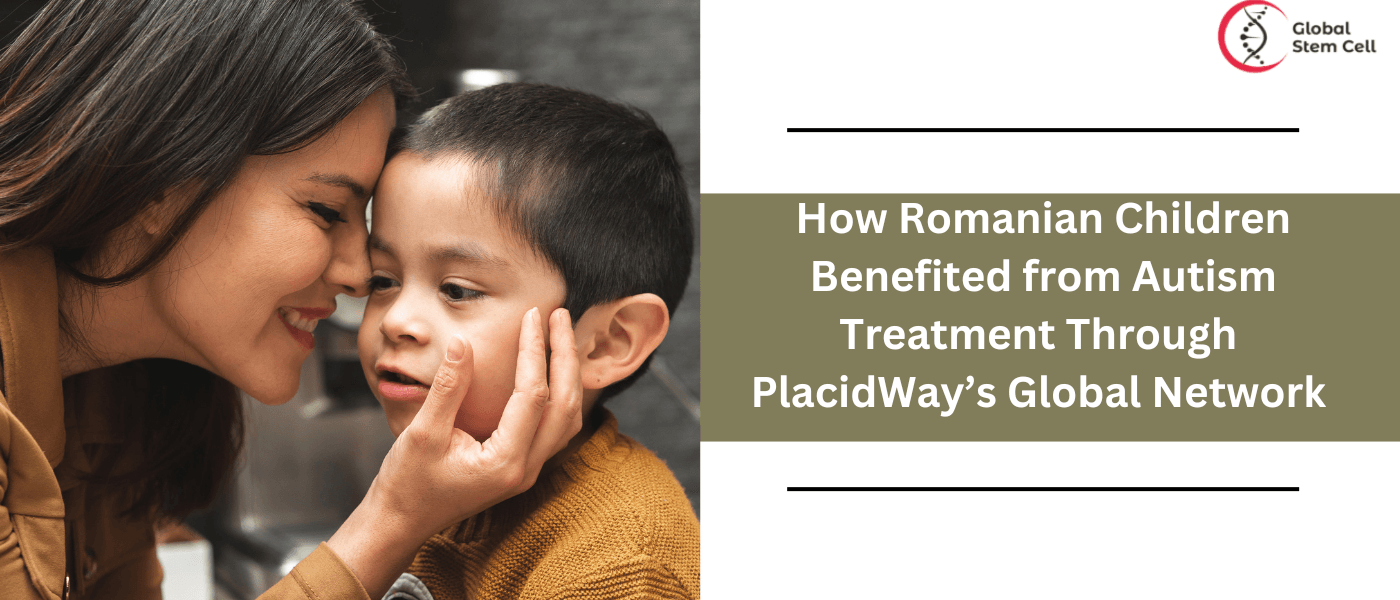
Stem Cell Treatment for Autism
Autism Spectrum Disorder (ASD) is a complex developmental disorder that affects a person’s ability to communicate, socialize, and engage in repetitive behaviors. Currently, there is no cure for autism, and traditional treatments focus on managing its symptoms through behavioral therapies and medications. However, a promising new area of research is the intersection of autism and stem cell treatment, which holds the potential to provide innovative therapies for individuals with autism.
What are Stem Cells?
Stem cells are cells that have the ability to develop into different types of cells in the body. They can divide and differentiate into specialized cells, such as nerve cells, muscle cells, and blood cells. This characteristic makes stem cells an attractive option for regenerative medicine, where they can be used to repair or replace damaged or lost cells in the body.
How Can Stem Cells Help Treat Autism?
The underlying causes of autism are still not fully understood, but it is believed to involve a combination of genetic and environmental factors. There is evidence that autism is associated with changes in brain structure and function, including altered neural connectivity and reduced brain plasticity.
Stem cell treatment holds the potential to address these underlying changes in the brain and improve the symptoms of autism. Stem cells can be used to create new neurons, which can help to restore lost neural connections and improve brain plasticity. Additionally, stem cells can also produce growth factors and other signaling molecules that can promote the growth and repair of damaged neurons.
Recent Studies and Their Results
Studies on the use of stem cells for treating autism have shown promising results, but the field is still in its early stages and more research is needed. However, some studies have already demonstrated the feasibility and safety of stem cell treatment for autism. For example, a recent showed that transplantation of human neural stem cells into the brains of mice with a model of autism led to improvements in social behavior and communication.
Another recent study showed that the administration of mesenchymal stem cells in children with autism led to improvements in social communication, language, and repetitive behaviors. Additionally, stem cell treatment has been shown to reduce inflammation and oxidative stress in the brains of individuals with autism, which may contribute to its therapeutic effects.
The intersection of autism and stem cell treatment is a promising new frontier that holds the potential to provide innovative therapies for individuals with autism. While the field is still in its early stages and more research is needed, the initial results are encouraging and suggest that stem cell treatment may offer a new approach for improving the lives of individuals with autism. However, it is important to note that stem cell treatment for autism is still experimental and should only be considered as part of a comprehensive treatment plan under the guidance of a healthcare professional.
For more details about Stem cell therapy for Autism and stem cell clinics, Contact us today:






